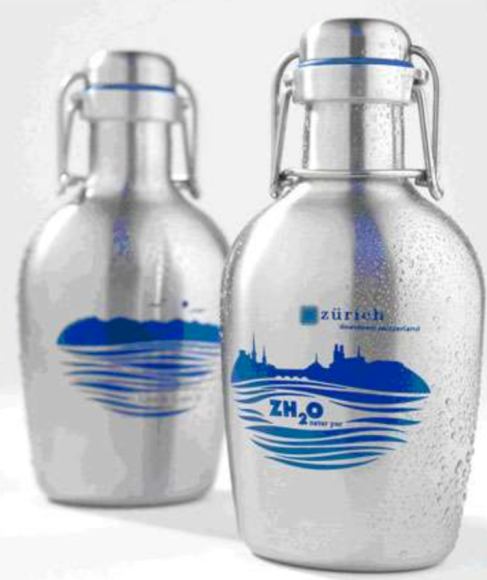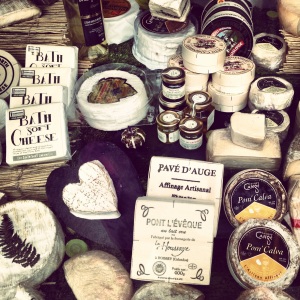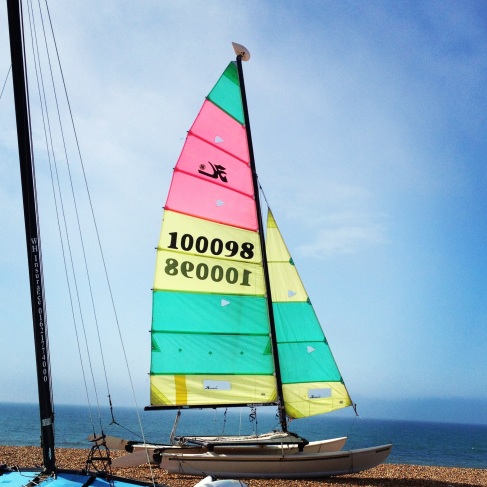One of the key things you learn from travelling is that humans are humans. The basics are all the same. There’s no need to be afraid of a culture you don’t know or understand , because if you break through the cultural barrier (if you see it as an obstruction in the first place), then we’re all just humans eating different things, wearing our clothes differently, believing different things and talking about things differently, and even peeing differently.
Having the patience to remember that culture is just a layer of humanity when you’re interacting with and discovering different cultures, is fundamental to getting on in that culture.
When you’re struggling to break bread with your right hand in an Indian village, and starving because you were already hungry and it’s taking you even longer to get your lunch into your stomach as you don’t want to offend anyone by using your other ‘toilet’ hand, it pays to remember that a huge number of human beings on this planet do indeed manage to survive by eating with one hand, so with patience, you’re not going to die.
When you’re struggling to hide your disgust at the guy who just phlegmmed a huge ball of spit onto the pavement infront of you when you’re walking along peacefully with your Chinese street food, remember that time when you had a cold and had to swallow that massive glob of phlegm that ended up in your throat because it’s not the done thing in your culture to get rid of it externally.
When you’re cursing the Brit in the meeting because they’ve used 100 words and you still have no idea what they want you to do, and you can’t decipher the instructions because all you hear is ‘sorry’, ‘would you mind if’ or ‘I don’t want you to go out of your way’… Remember that unless you communicate similarly when you need something from a Brit, you won’t ever get any help from them in return.
Some layers of a culture may be thicker to penetrate, some you may not be able to penetrate at all. This is also something entirely individual and dependent on attitude and openess, rather than language skills, experience, wealth or any other factor (although these can certainly help).
To see culture as a layer to humanity is to embrace it as a natural and interesting curiosity of life in this world. To see it as a barrier runs the risk of not ever reaching the human layer. There can be no real hierarchy of culture, none is greater than another (despite concepts some have of ‘l’exception culturelle’ or even cultural capitals), just as there can be no real hierarchy of humanity (despite what many like to believe).







